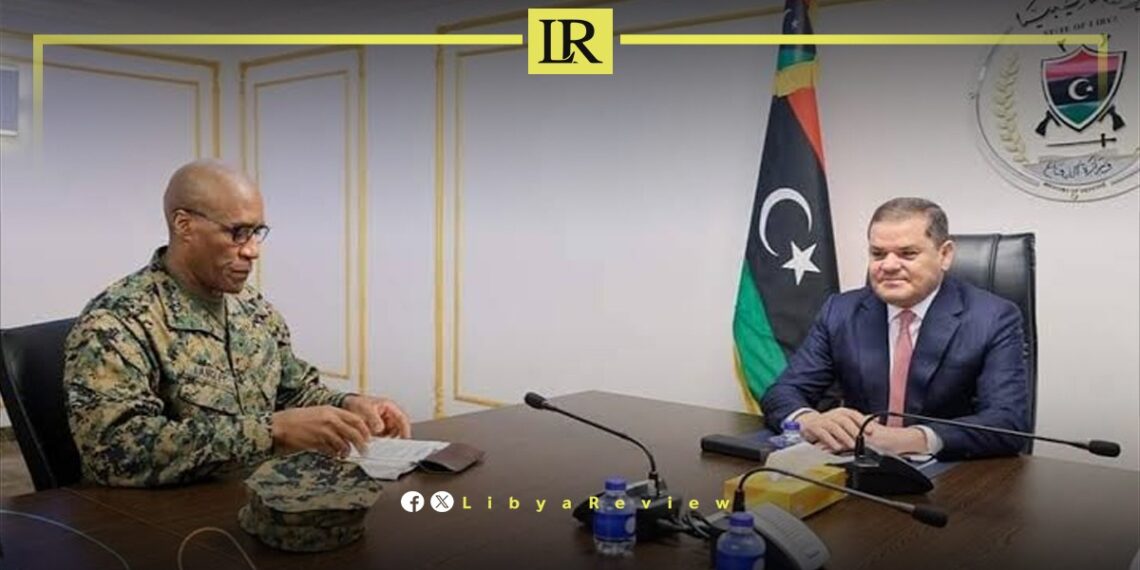The European Centre for Political and Strategic Studies has revealed that the United States is working to increase its military presence in Libya by eliminating Turkish influence.
In a report monitored by “Al-Saaa 24,” the centre highlighted that the U.S. aims to bolster its influence in the oil-rich nation, attempting to compensate for its historically weak presence in Libya.
The report noted that Washington believed appointing its national, Stephanie Khoury, as the Deputy to the UN Envoy Abdoulaye Bathily, would be sufficient to cement its presence in Libya amidst a weak and illegitimate government in Tripoli, referring to the interim Government of National Unity led by Abdel-Hamid Dbaiba.
The report detailed the arrival of U.S. General Charles Brown in the city of Misrata, where he met with prominent local figures to explore the possibility of establishing a U.S. military base in the region. This move followed comments by AFRICOM Commander General Michael Langley, who hinted at seeking new allies in the region, suggesting that Libya could be a potential partner. Langley, however, denied any intentions of deploying U.S. troops in the country.
The report observed conflicting statements from AFRICOM, as Washington seeks new allies, including Libya, while simultaneously concealing the presence of the American private military company Amentum in Libya since April this year. The report questioned Turkey’s reaction, given its significant influence in Tripoli and its surroundings.
The report asserted that the presence of U.S. forces would undermine Turkey’s influence, indicating Washington’s serious intent to consolidate its control over Libya following recent losses to Russian and Chinese influence in Africa. This shift could significantly impact Turkish dominance in western Libya.
The report further revealed that Dbaiba has secretly agreed to convert western Libya into a U.S. military base, reducing Turkish influence to gain American support and increase his authority in the country.
The report concluded that Turkish influence in western Libya is under threat as Washington seeks new allies in the region after being expelled from Niger and facing growing Russian influence in Africa. The U.S. perceives this as a direct threat to its second line of defense, Europe, which it calls the “soft underbelly of the crocodile.” Consequently, Washington is intensifying its engagements with Dbaiba’s military leaders to replace Turkish forces with American ones.


